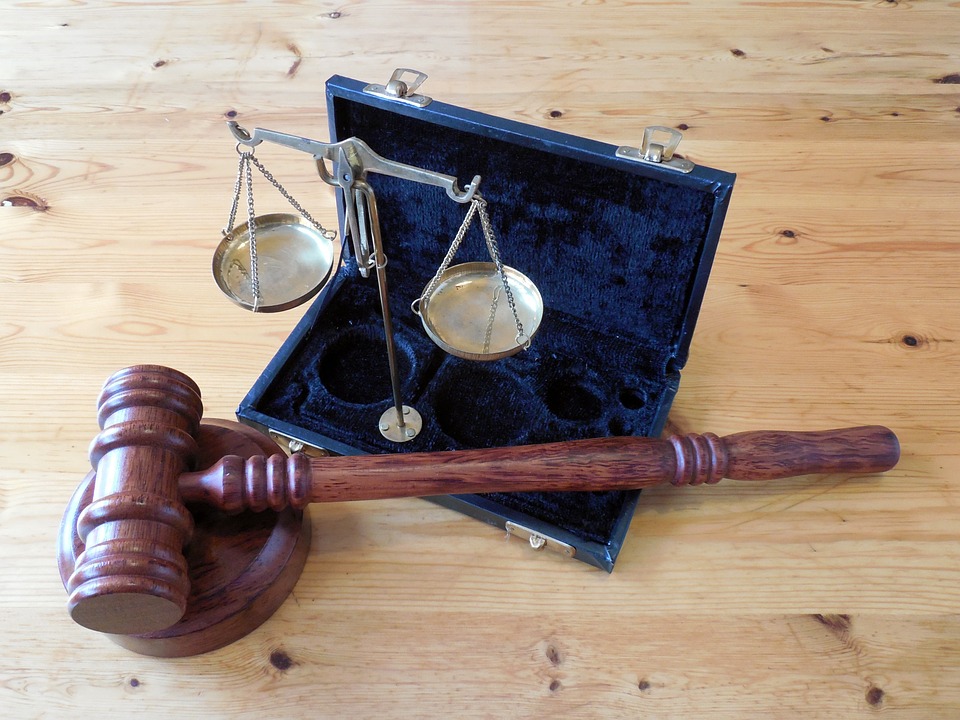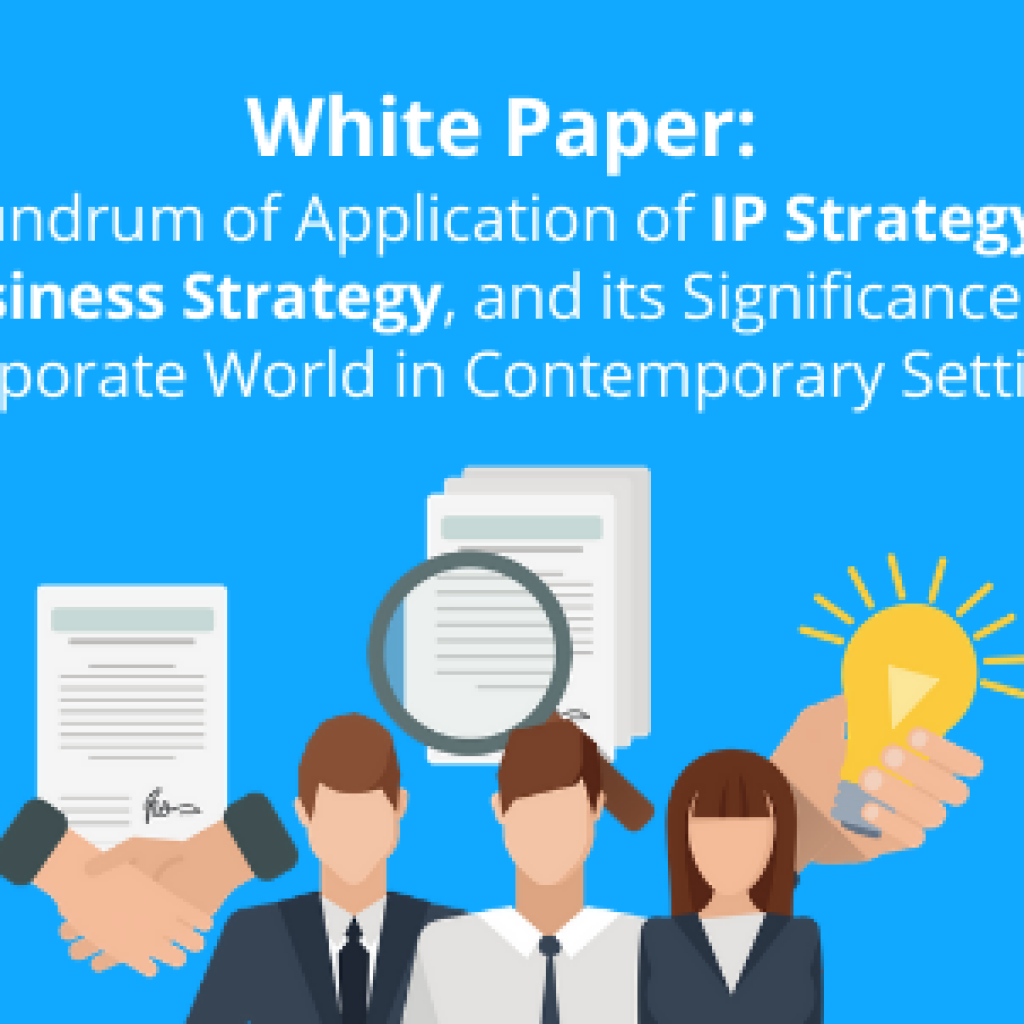After traveling together on a long road for 43 years, on 19 Feb 2013, the 25 member states signed a deal to end the regime of the “bundled patent” system by setting up a Unitary Patent Court in Europe. The agreement is a major landmark that will affect the population of 400 million across member states.
Since the agreement has already been agreed upon, there has been a lot of discussions on its impact on patenting in Europe. UPC, however, is not only going to affect the European patent market, but it also has its global implications – both positive and negative – which I’ve tried to cover below.
The Downsides
The possible downside of UPC as per my anticipations could be:
UPC may bring Licensing Issues
The UPC complicates the licensing process for a patent holder. He has to decide whether he wants to stay or wants to opt-out from the UPC before licensing his inventions, which could be a contentious topic between a licensor and a licensee.
The UPC will bring licensing issues between a patent owner and a licensee. A patent owner, anytime during the seven years transition period, can opt-out from the UPC jurisdiction. However, there isn’t any such provision for a licensee or an exclusive licensee.
This could bring different issues to the table for licensors and licensees. An exclusive licensee, for example, in the case of filing an injunction against an infringer may not want the owner to opt-out as it prevents him from seeking a pan-Europe injunction. On the other hand, in the case of a successful counter-claim, he may want the owner to opt-out to prevent losing his rights over the whole jurisdiction.
Other than that, in case an exclusive licensee brings an action in the UPC, it will bar the owner to opt-out from the UPC anytime in the future. Thus, to avoid such an instance, licensors would like to have an agreement in place preventing licensees to bring any action to the UPC before their prior consent. A licensor, on the flip side, would like to exercise some control.
UPC has some Litigation Issues to be fixed
In February, during IAM’s conference on Winning Strategies for the UPC Regime, Margot Fröhlinger, principal director of patent law at the EPO – who was one of the speakers – gave attendees insights of the new system. The conference brought issues related to patent litigation in the UPC in light.
Given that the panel in UPC consists of three judges – two experienced and one inexperienced, and decision histories of judges are available, attorneys representing the case could predict the outcomes with higher accuracy. Other than that, unlike the US, there is no eBay type test to decide to what extent an injunction is to be awarded to a plaintiff.
Double Patenting
Another issue that UPC will bring is of double patenting – two patents disclosing the same invention, in the same territory under the same effective date. At present, many countries have different provisions to prevent dual patenting. For example, in Germany when an inventor files bundled patents under EPC, the national patent loses its significance automatically while in the UK, Comptroller, under Section 73(2), can cancel a national patent.
The UPC is bringing new issues related to the rule governing the relationship between a duplicate unitary patent and a national patent. Recently a draft regulation proposed that in Germany, a national patent will remain valid if UPC doesn’t have exclusive competence on it. Article II, Section 18, of the draft also prevents an infringer from getting sued twice.
The response to the issue by another member state especially the UK is being awaited.
Absence of the Supreme Court or Cour de Cassation
UPC consists of a Court of First Instance and a Court of Appeals. There will be no Supreme Court in their structure which could get the things correct that lower courts get wrong. SCOTUS, for example, has a long-standing history of getting things right when the Federal circuit got them wrong.
Question mark on the Quality of a Patent Litigation
The new unified court guarantees its user to provide them with the highest quality of proceeding and judgment which seems otherwise. Article 15 of UPCA mandates judges to be experienced in patent litigation. There is also a training program of 120 hours for an inexperienced judge. The catch, however, is that there is no mandate of this type for the representative which means that a divorce attorney could represent a patent infringement case.
This surely put a question mark on the proceedings. Given that an experienced party will choose an experienced attorney, however, the situation could be different for an independent patent owner or SME with little or no insights.
The Brighter Side
The brighter side of the UPC could be:
Encourages Patent Filing in European Countries
The UPC will make protecting inventions in Europe way easier and cheaper than before. An inventor will be able to save up to the US $28720.90 per patent in translation costs alone. Also, as per Vince Cable, Dept. of Business Innovation and Skills, UK, it will bring an additional £200 million to the UK’s economy.
The jurisdiction of UPC will cover a market with the largest GDP than any other jurisdiction in the world. This will make patent enforcement under its jurisdiction equivalent to that of the US. Patent litigation under the UPC will cover almost the whole of Europe and will save a patent holder from bringing multiple actions in different countries.
Swift and Thrift Litigation Procedure
Europe’s most experienced judges are going to apply for becoming a UPC judge, which can guarantee, to a large extent, fair litigation verdicts. One of the most striking features of UPC is that its Rule of Procedure contains strict guidelines to ensure swift litigation procedure. Other than that, the court has provisions to adjust fees as per the commercial interests of a case. This will help SMEs to enforce and defend their rights effectively.
Conclusion
UPC has a set of pros and cons. It’s only a matter of time before we find out whether the system works out for better or for worse. Till then, let’s wait and watch.
Authored By: Nitin Balodi, Senior Research Analyst, Market Research










